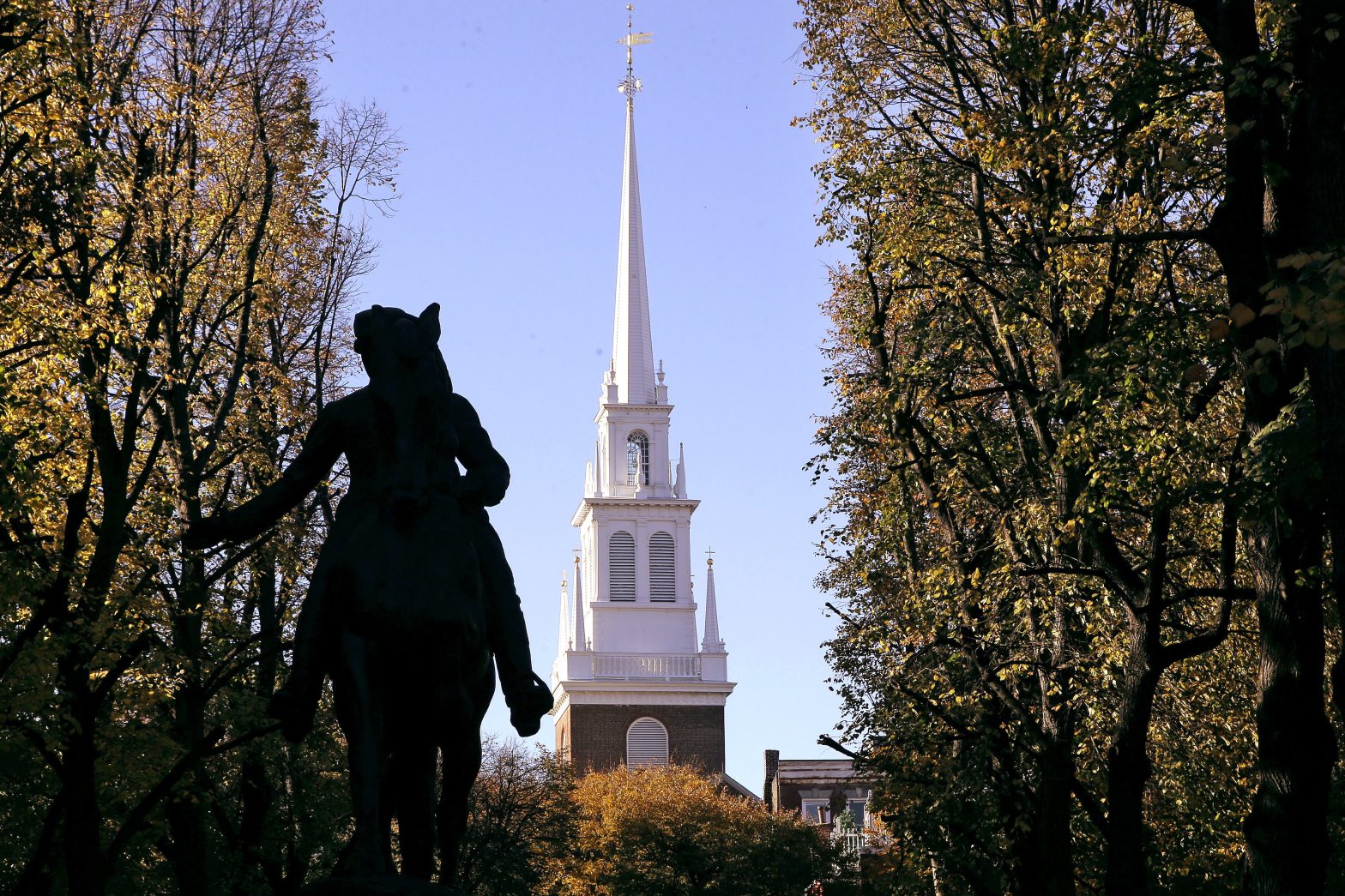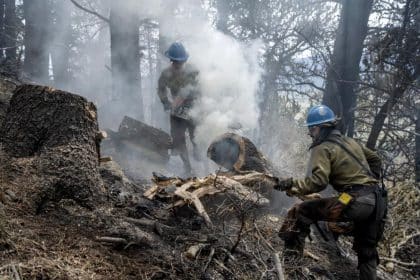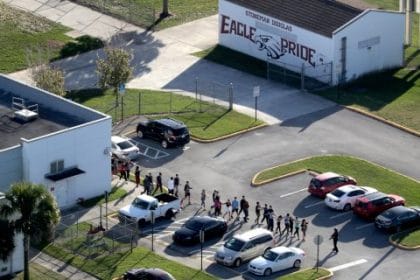Caring for the Caregivers: Providing Benefits to Those Who Serve
COMMENTARY

Over the last few years, we have seen our economy face an intense period of transition and challenge. Now more than ever, financial protections — like employee benefits — are on the minds of everyday Americans and policymakers alike.
No worker needs to be convinced of the value of employee benefits. Essential health and retirement benefits are what allow workers across every sector and industry to stay healthy, protect their loved ones and, eventually, retire with dignity.
When most of us think of benefits, we think of what is familiar to us. Often, this means the typical private-sector model — mid-size companies with a vast spread of cubicles, or big corporations with a large-enough pool of employees to support key benefits to their workforces.
This grants them better recruitment and retention, and, much more importantly, allows workers to have some of our most basic human needs met. This system addresses those needs for the vast majority of workers — but certainly not all.
Organizations like the one I work with every day exist specifically to help meet the needs of some workers who fall outside of that model. Those individuals who work in unique circumstances that make providing traditional benefits exceptionally challenging, but who are no less worthy of the peace of mind that comes with well-earned support.
The workers for whom we advocate are those employed at churches and synagogues, food kitchens and day cares, nursing homes and low-income housing facilities, crisis centers and veterans support agencies, addiction treatment centers and disability services organizations and more.
How do we care for these caregivers (who are generally not highly compensated) when the individual institutions at which they work are typically small, sometimes understaffed and lack the sizable workforces that give larger companies and corporations a natural ability to provide key benefits?
That’s where denominational plans — or church plans — come into play.
These types of benefit plans, referred to as multiple-employer denominational plans, exist precisely because no efficient market exists for small institutions like individual churches or soup kitchens to provide benefits.
Instead, denominational plans allow these institutions — sometimes thousands-strong — to pool their resources across regional and state lines and provide essential benefits. These plans are able to provide for those who work under a steeple, or provide day care or services to those who are ill and allow them to gain access to the same kinds of critical benefits that others may take for granted.
Denominational plans have a long and storied history. Many date back decades or even centuries, certainly predating my current regime. These plans have stood the test of time, surviving in times of crisis, such as the COVID-19 pandemic, economic depressions and recessions, or even wars.
Through all of these challenges, denominational plans have served as the safety net for pastors and bookkeepers alike. Today, denominational plans serve over 150,000 communities of faith and 1 million clergy, lay workers and their families.
The Church Alliance has benefit boards governing these plans — chosen by the individual denominational polities — that exist solely to administer and protect these benefits. They have a fiduciary duty to their beneficiaries, as opposed to counterparts at larger corporations where financial hardships can influence the financial incentives offered.
Those of us who facilitate denominational benefit plans are not in this to make money. We’re in this to care for the caregivers.
These are folks who’ve answered the call to ministry, provided essential social services to communities across the country and who have at times taken on the collective trauma of entire communities. Their health and financial wellness, and that of their children or grandchildren, is just as important as mine and yours.
Strong health and retirement benefits shouldn’t be exclusive to workers at big corporations or traditional small businesses on Main Street.
It’s crucial for those of us within this space, in the halls of Congress, or simply sitting at home reading, to continue protecting and advocating for good quality benefit options for those who protect and advocate for our communities each and every day.
Jim Sanft serves as chair of the Church Alliance and the president and chief executive officer of Concordia Plan Services. In 2022 Sanft was awarded an honorary Doctor of Laws degree from Concordia University, Nebraska. He also holds an M.S. in Mathematics and Statistics from the University of Nebraska, Lincoln, and a B.S. in Education from Concordia University, Nebraska. He can be reached on LinkedIn, and at Church Alliance.
























